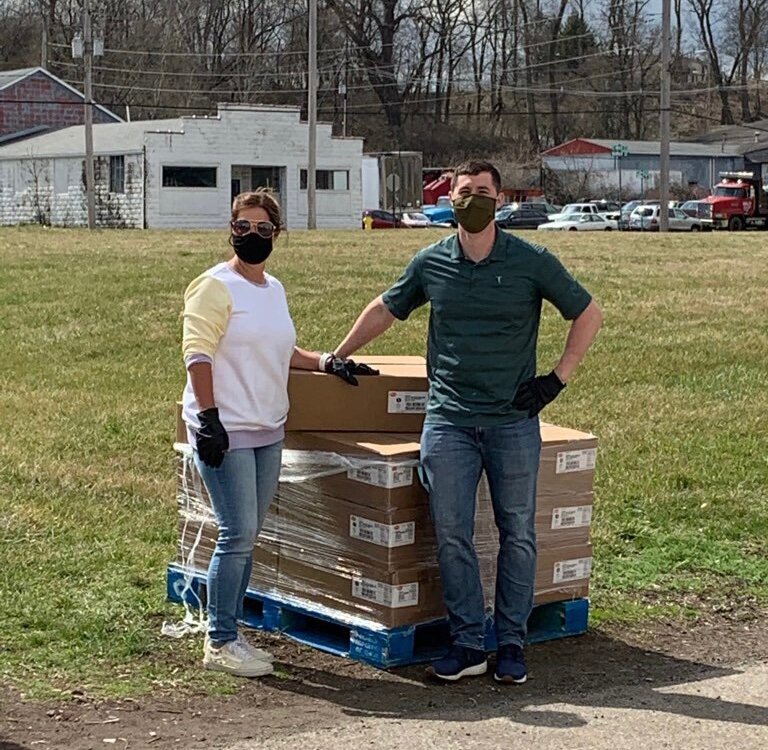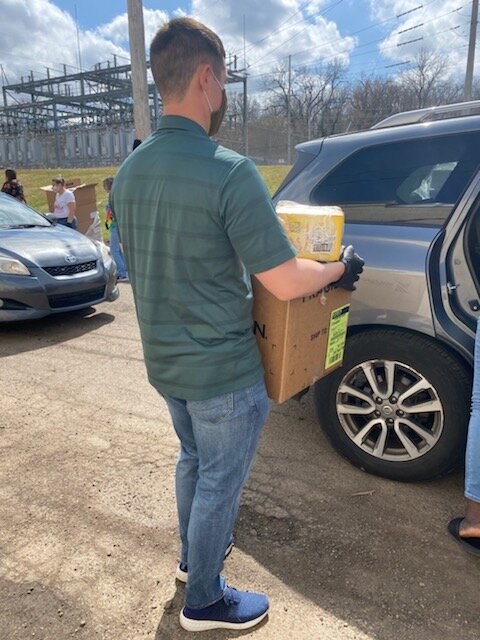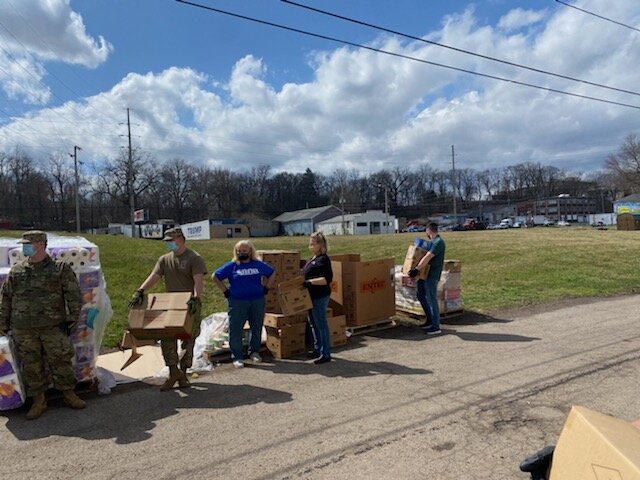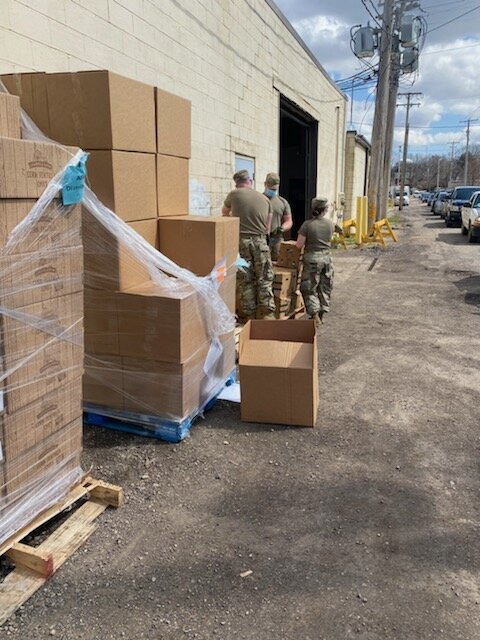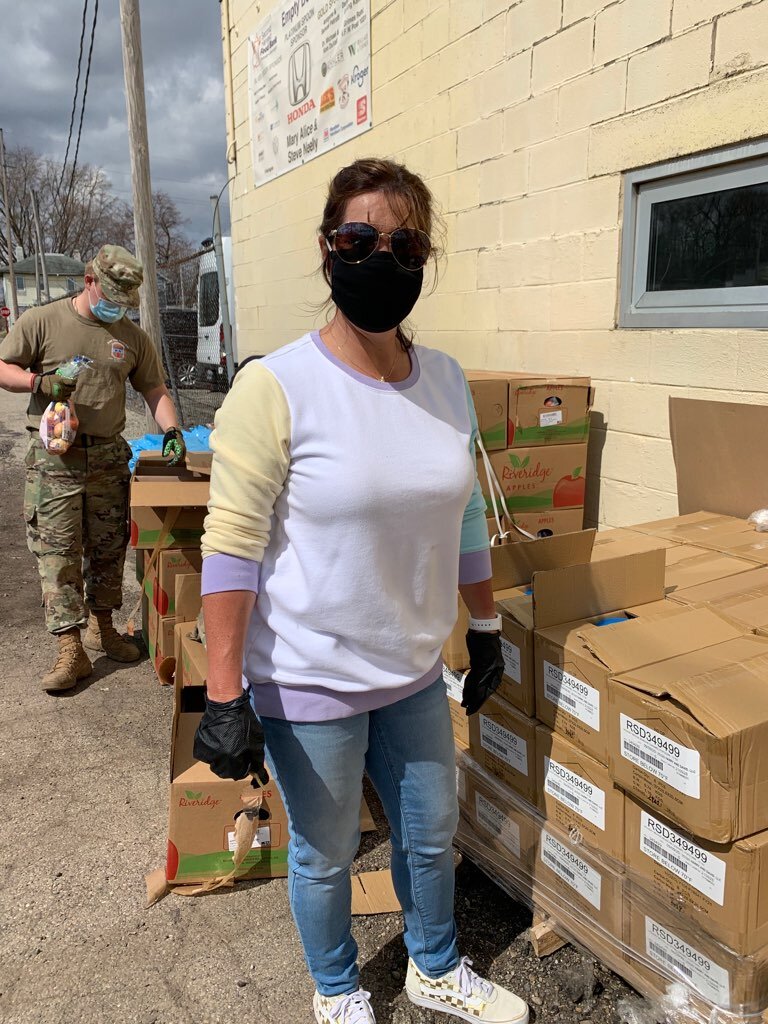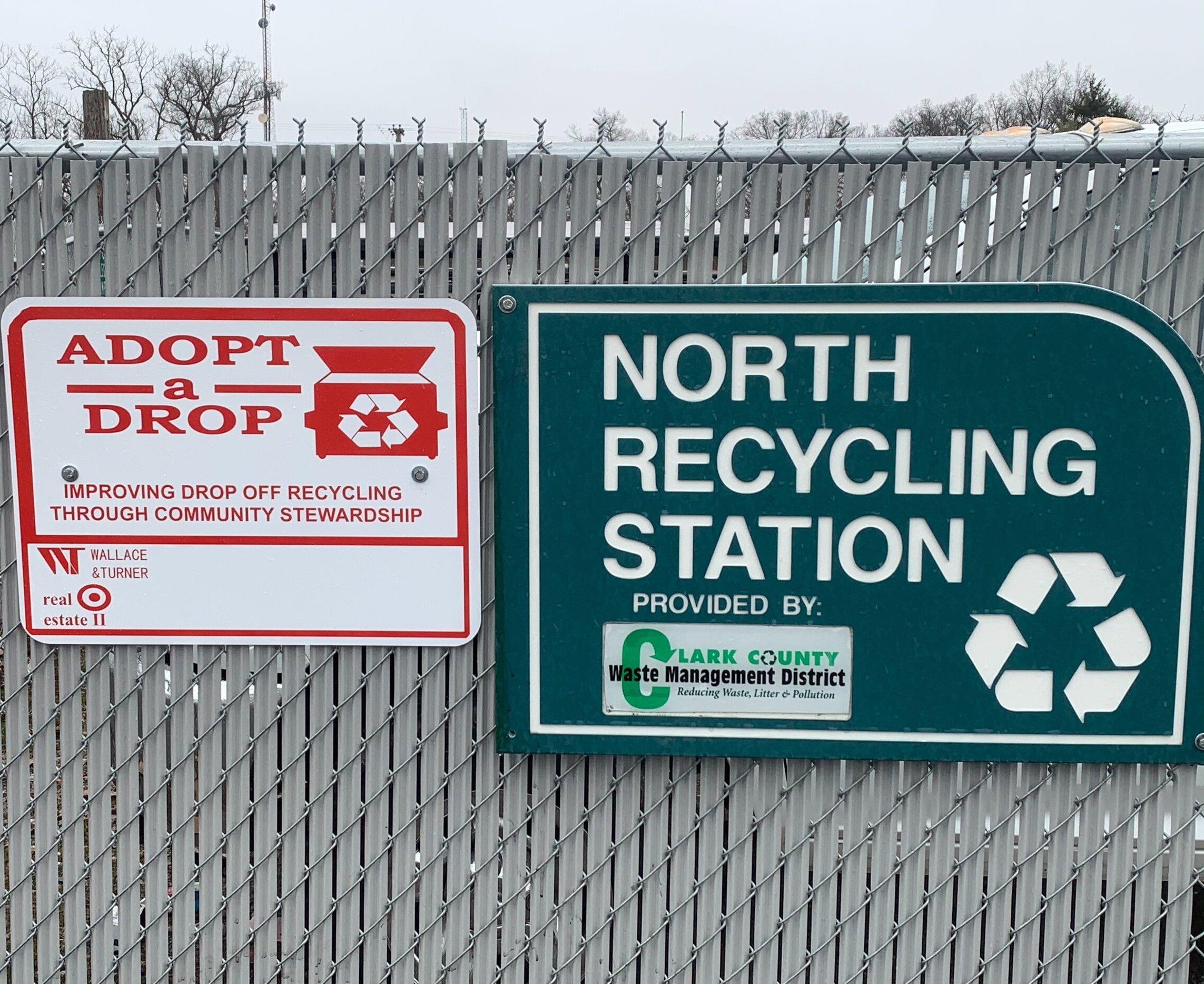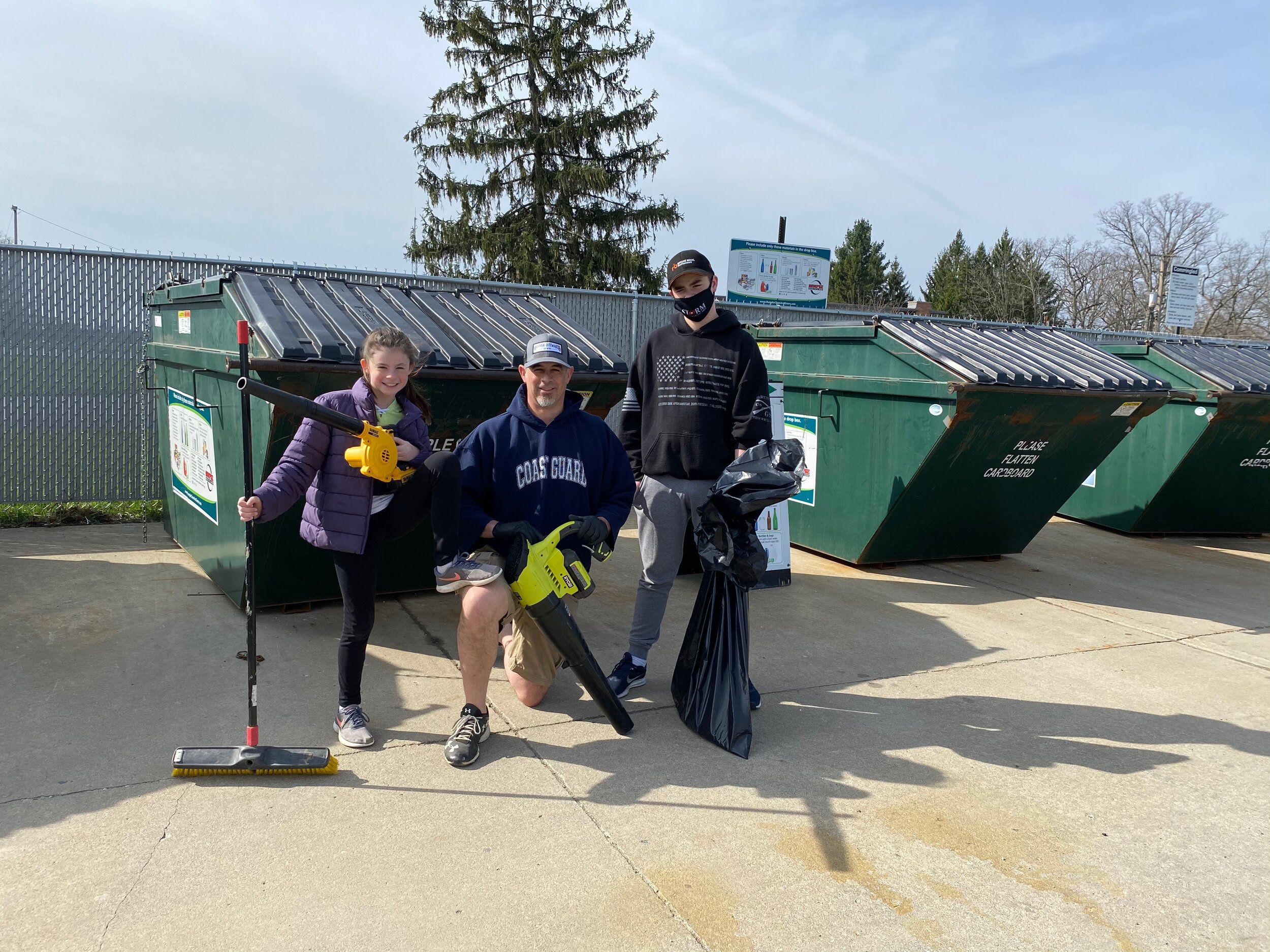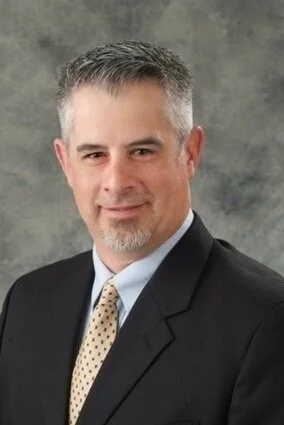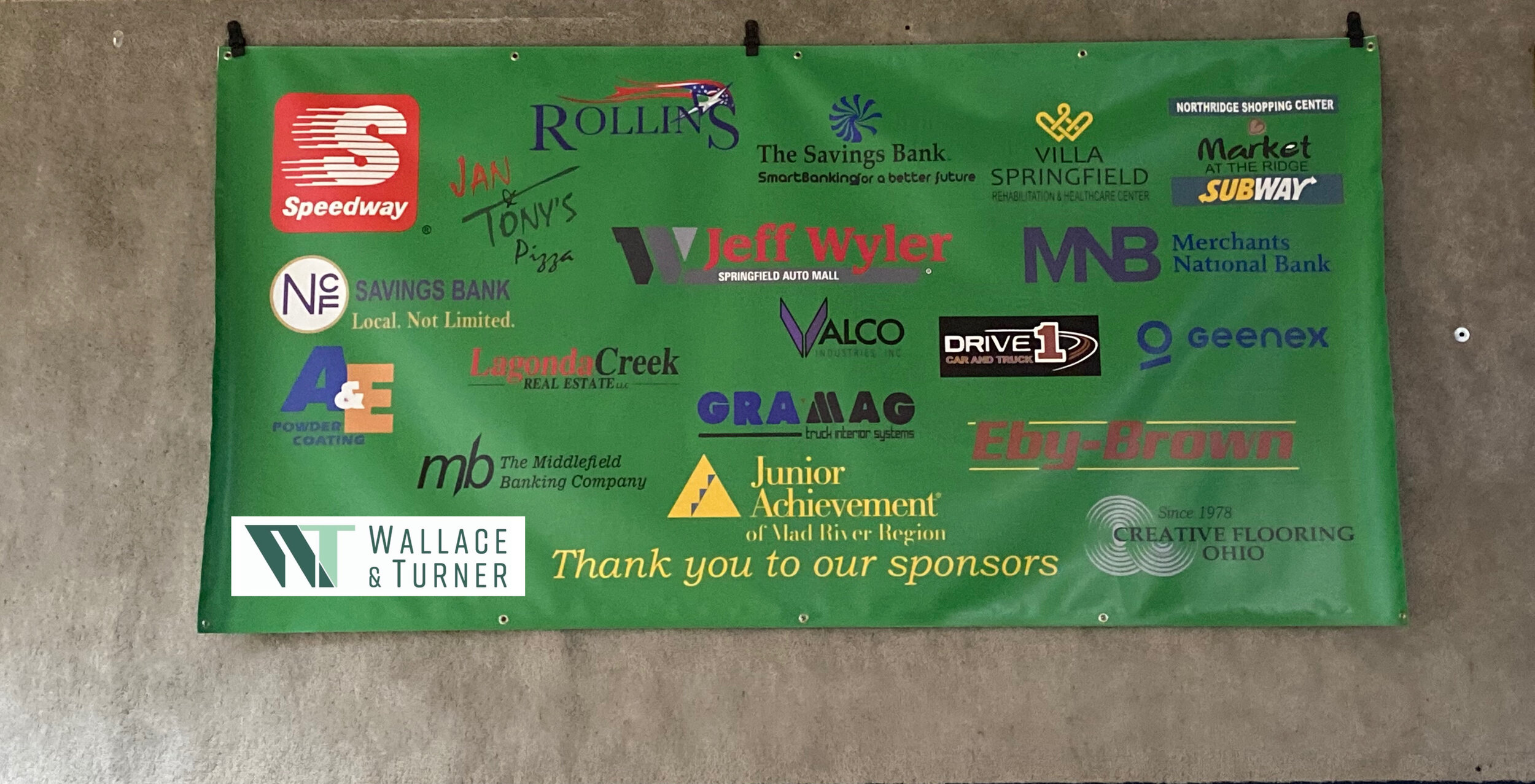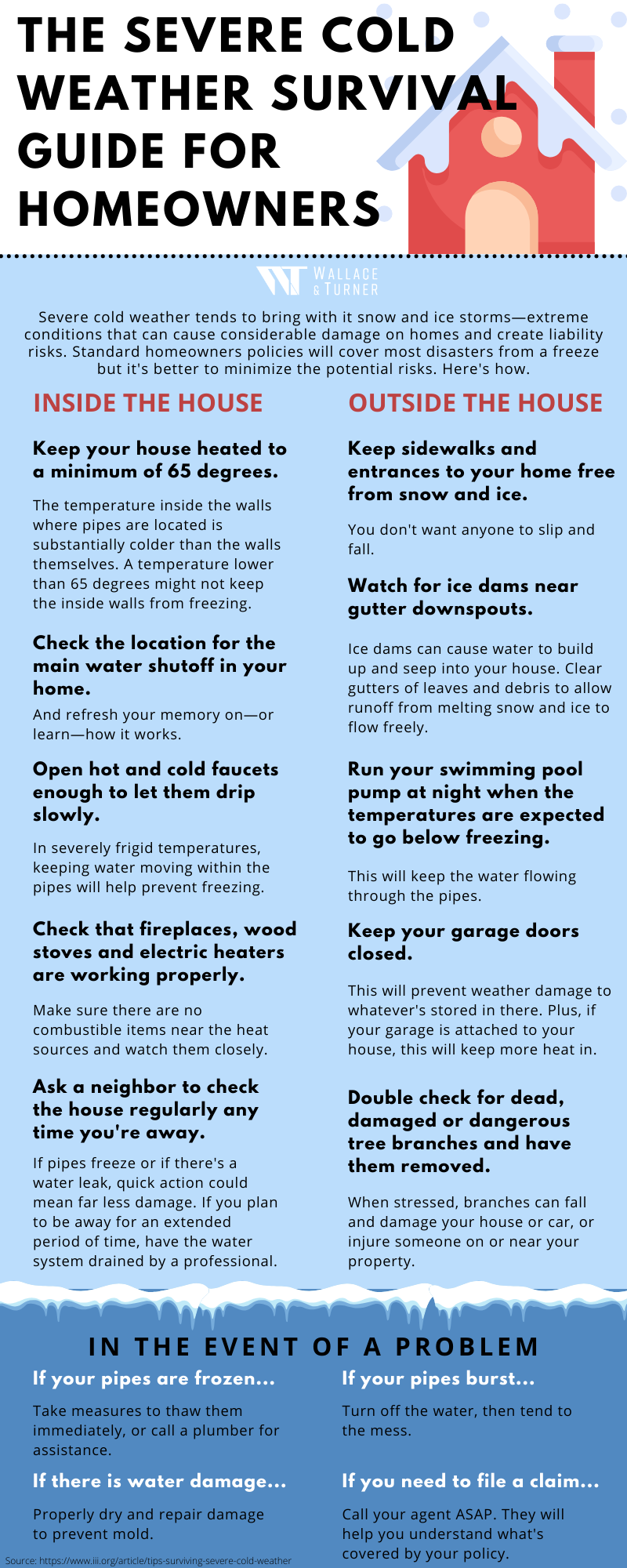If you've moved out on your own for the first time and are looking forward to renting an apartment, condo or home, you need to get prepared. Don't let your excitement blind you to the potential risks of renting. To be able to enjoy your independence fully, consider purchasing renter's insurance to protect your possessions in the instance of an accident.
1. Renter’s insurance is actually affordable
One of the biggest mistakes renters make is thinking they'll see significant savings by ignoring added expenses. What you should know is that renter's insurance is affordable – so much so that it typically pays off even if you need to use it only once. While it can be tempting to save money now or think you’ll never need renter’s insurance, unforeseen accidents from fire, smoke, covered water damage, wind, theft, vandalism and more, can often be devastating to your wallet. With this in mind, it’s beneficial to spend a reasonable amount on coverage to prevent coming out of pocket for thousands of dollars down the road.
This kind of protection is one of the must-have types of insurance policies, tailored to suit renters wherever they live. While versatility and affordability of renter's insurance plans seem to be the most important traits to those who live on a tight budget, they are not the only reasons to get this kind of coverage.
2. Injury liability coverage protects your visitors
This kind of injury liability coverage pertains only to people visiting, and not residing in your home. It means that should your guest get injured while on your rented property, your renter's insurance policy will cover their medical costs. On the other hand, should you get hurt in the same manner, your only safety net would be your own medical insurance plan.
3. You're covered even if you accidentally cause damage to your rented property
Accidents happen, but that doesn't mean you're on your own if you unintentionally cause damage to your rented property. Even in such situations, when you need to conduct repairs or renovations, your renter's insurance will bear the burden. However, bear in mind that damage you have caused by negligence and deliberately harmful actions will not get covered by any tenant's insurance plan.
4. Renters' belongings are not covered by the landlord's insurance
This is the first and foremost reason to have renter's insurance. Your landlord's insurance covers the building itself, but that doesn't include your items. It is not the landlord’s responsibility to protect your belongings. Look at renter’s insurance as an investment as well as buying peace of mind. This kind of third-party insurance also allows you to be worry-free when storing your belongings at an offsite facility, for example, in your car or storage unit. There are numerous occasions on which you might need to rely on external storage capacities. You may be moving between homes, traveling abroad for a few months, studying in another state, remodeling your home, etc.
5. You are safe from (most) losses to your personal property
The list of all events causing losses or damage to your property is rather long, but it doesn't include everything. This is why it's crucial to understand your renter's insurance policy and work with your independent insurance agent to tailor it to your needs.
A few of the most common situations included in renter's coverage are:
theft
explosion, fire or lightning damage
riots, civil commotion or vandalism
On the other hand, a standard renter’s policy doesn't cover:
You might want to consider additional policies for the above depending on where you live and if the area is prone to certain natural disasters. Your insurance agent will be able to guide you through all of the options.
6. Some renter's insurance policies cover additional living expenses
Let's say that the worst happened and you need to leave your rented home due to fire damage. With the right renter's insurance policy, you are entitled to receive a reimbursement of the expenses while you live elsewhere. Of course, there are certain limits to this. Be sure to clarify with your insurance agent which living expenses are covered by the policy and for how long. Most often, temporary lodging is covered for several months.
Understanding compensation for loss
To understand what you will get in compensation for the losses, you should know the difference between two offered types of reimbursement: Actual Cash Value (ACV) and Replacement Value (RV). Knowing which type to choose makes all the difference later.
Actual cash value returns the replacement cost of the product reduced for the accumulated depreciation. In other words, if you lost a 10-year-old camera, you will get enough cash back to buy another 10-year-old camera. Replacement value equals the market value of the lost item minus the deductible. Sometimes, you can even get the full market value of the item. While this kind of coverage costs more, it is incredibly beneficial when it comes to insurance of electronics and other valuable items. Thus, it makes purchasing renter's insurance an investment well worth considering. ACV coverage is better if applied to less expensive items that you can replace from your own pocket.
Bottom line
In the event of total damage to your possessions, the financial blow can be truly disastrous. The cost of renter's coverage is can be split into nominal monthly payments, making it quite affordable. At the same time, it saves you from an unexpected loss that can set you back for years to come. The best course of action is to discuss available insurance policy plans with your insurance company. Choose the one that offers the best balance between the insurance plan price and coverage options.
Questions about renter’s insurance? Contact Wallace & Turner at (937) 324-8492 in Springfield, (937) 652-8492 in Urbana, or info@wtins.com.




